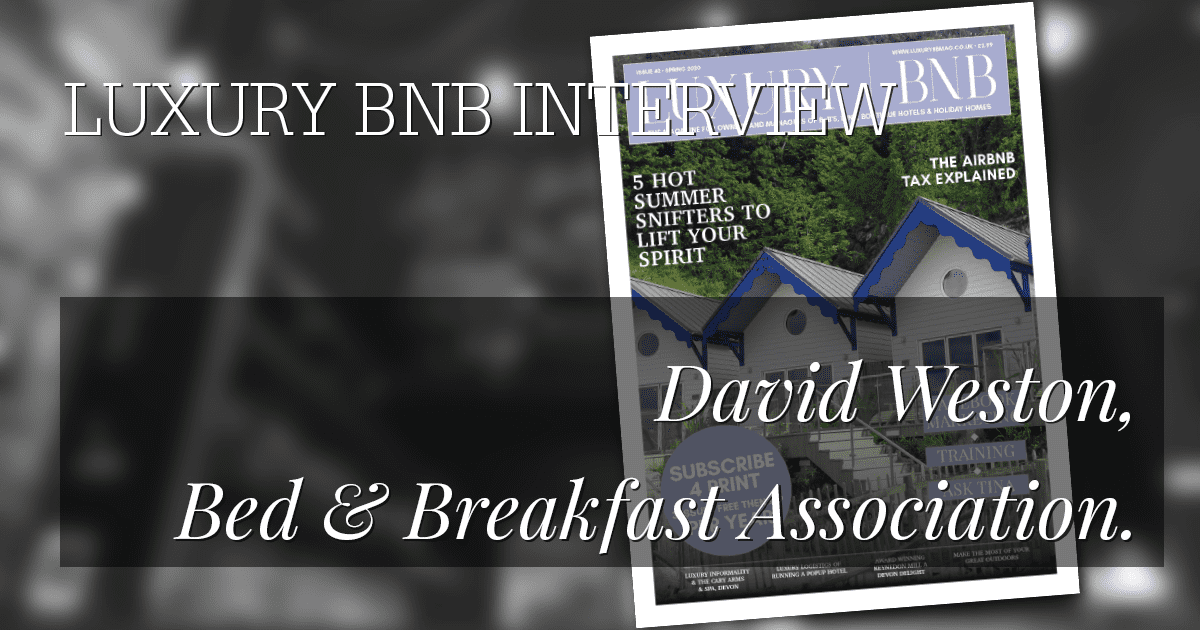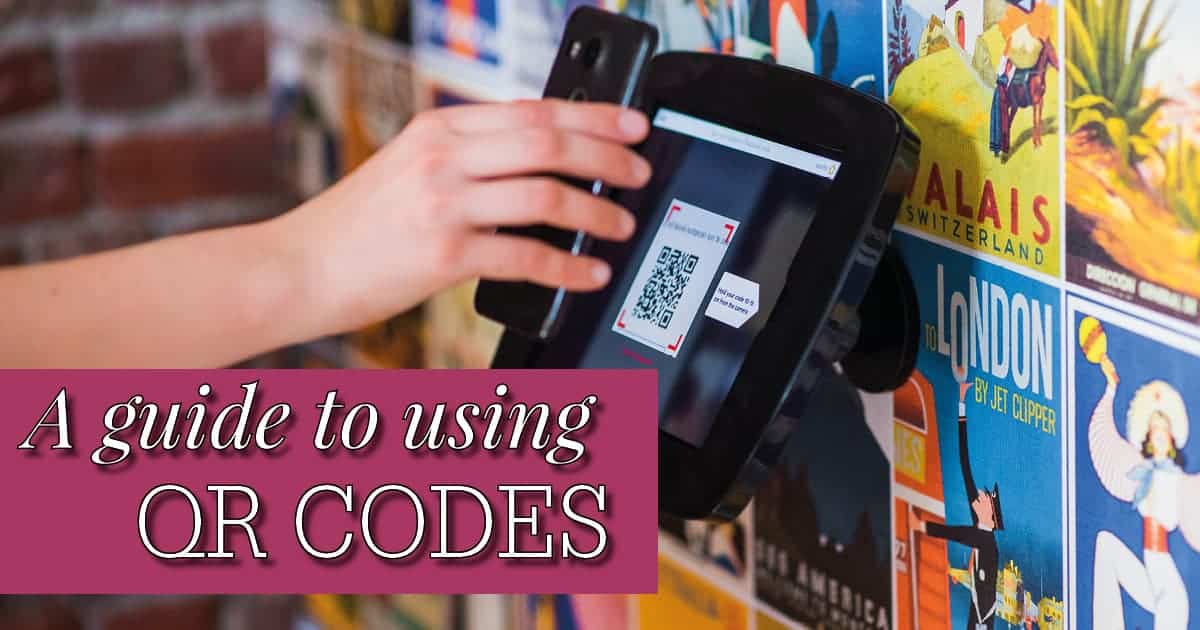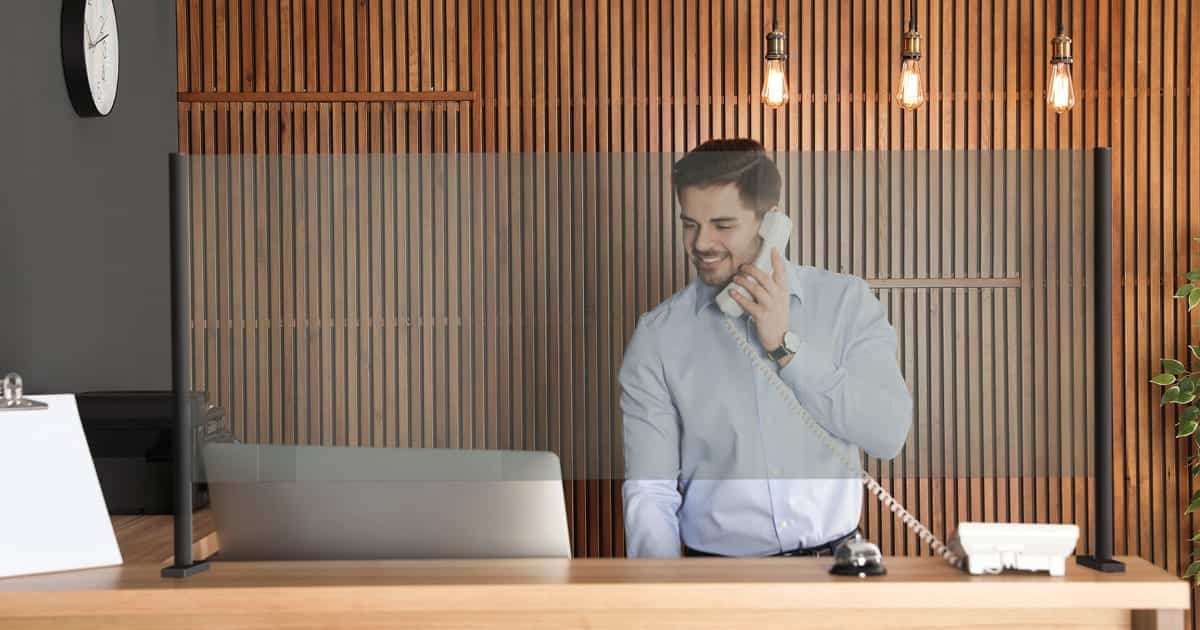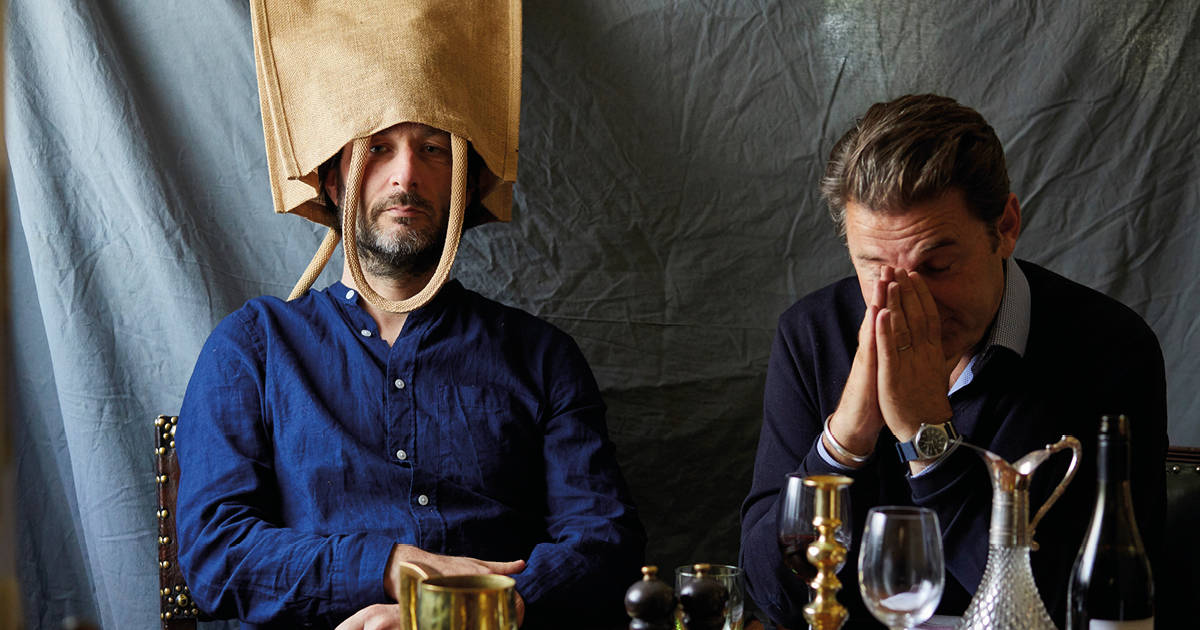
As COVID-19 lockdown eases, we speak to B&B Association chairman David Weston for an up to the minute analysis of how the industry is doing and what it may come to expect in the coming weeks.
Hospitality businesses are at last reopening across the UK. Saturday 4 July was the big day in England when lockdown was eased and pubs, restaurants, B&Bs hotels and guest houses were finally able to reopen under certain guidelines. This was one day after Northern Ireland, and just over a week ahead of Wales on Monday 13 July, and Scotland on Wednesday 15 July.
Apart from businesses open to accommodate key workers, all such businesses had been closed for many weeks. During this time, the initial focus of the B&B Association was on helping them to understand the financial help that they could access, while lobbying the government for gaps in that support. Industry association chairman David Weston says in recent weeks the focus has moved to planning for reopening, giving people the guidelines and helping them with risk assessment.

Now that the first weekend of opening in England has past, how have B&Bs coped? David says he has yet to hear of any examples of businesses struggling to cope. “We only receive the feedback that members choose to give, but it seems to have passed smoothly. We have not heard of any major problems. People have coped with it, and all that extensive industry-wide planning seems to have worked remarkably well,” he says.
The opening in England has broadly been good both in England and Northern Ireland, he claims. “The national media like to play up any problems, for example finding pictures of people on beaches, but I’m not aware they have been able to find any problems in B&Bs, hotels or guesthouses. So I think no news is good news in this regard. The planning seems to have worked well, and every day that goes by is another day of learning and moving back towards the new normal.”
One of his concerns however is the imposition of regional lockdowns. He says, “I just hope there won’t be any more – although of course there may be. We haven’t been contacted yet by any of our members in Leicester, so we don’t quite know how they are affected.”
With hardship brought about by the pandemic widespread across the sector, the association will be pushing for additional, longer term financial support as autumn approaches. “This crisis isn’t over yet for many people,” David says. “For some it has been great that they have managed to scrape through, that they’re open again and that they can start getting towards normal hours, but many other people have lost so much money, and some can’t even open because they feel they are vulnerable themselves.
“We have had a few members contact us who have said they are too worried to reopen because they are vulnerable, aged over 70 for example, or have health issues, and don’t want to take the risk. There are people who do need financial help and are effectively going to miss out on the summer as well.”
Further financial support
We are not out of the woods yet, he says, and his team is going to keep reminding the government of that. He says: “Some people may need further support. And even those that get business in July and August may not by the autumn have pulled back enough to cover all their losses earlier in the year. It’s not completely gone away with everything back to normal. It could be a very long haul for many people. We will try to keep behind that and see what further support the government can provide.”
In the meantime two COVID-Safe schemes have been formed by hospitality trade associations. “We are pleased to be a partner of the two schemes – the VisitBritain Good to Go scheme, which has over 20,000 applications, and the AA COVID confident scheme which has already over 4,000. They are both good schemes to help give consumers the confidence to book and get out and about and travel with the peace of mind that they are going to be safe,” says David.
Capacity concerns
He stresses that B&Bs and hotels are not obliged to operate under capacity. “Obviously it is enormously difficult for places like pubs bars and restaurants to operate at full capacity as they are normally crammed full of people. But in a B&B or guest house your guests are isolated in a sense, being in separate rooms. You don’t therefore have to operate at a lower capacity, and there is nothing in the guidelines either that says you must – for instance that if you have six rooms for instance you must leave a gap between each booking, or that you must only use four of your six rooms.
“You should be able to run at full capacity so long as you get the bookings. The problems you will get are with things like breakfast service, and you will have extra costs through extra cleaning products and longer cleaning time,” he adds.
The association has received word from a number of its members concerned that, despite the fact the guidelines don’t force them to keep a room closed, they are deliberately not going to open them all back up to guests. He says: “One member is going to leave one of the rooms empty as a spare room ready for the event that they get someone with symptoms, meaning they have a spare room in which to isolate. People are worried that if someone developed symptoms they have to stay put for a bit and test before they go, and that means the next person due into that room the next day may be unable to come to stay and that you have to turn a booking away at the very last minute. To avoid such a scenario some people are choosing to be extra-cautious and tasking it in stages, but you don’t have to,” he says. “If you feel you can operate breakfast safely you can open up all your rooms and try to maximise your turnover in what’s left of peak season while you can.”
Lobbying success
After spending much of the lockdown lobbying about financial help to fill in gaps, in the last few weeks the association’s focus has moved more towards the guidance, undertaking risk assessment and helping them to reopen now that many of the financial grant opportunities have closed to applications.
Reflecting on efforts to keep business afloat he recalls: “Earlier on in lockdown there was the £10,000 grant for hospitality businesses, but these grants were only for people paying business rates or on the business rates system. None of those B&Bs paying council tax – roughly half of our members -were covered for that.
“So we lobbied at great length, and they did introduce a scheme for council tax-paying B&Bs, a local authority discretionary grant fund to help B&Bs pay council tax, and some of these are still open depending on the local authority.
“We then found the government guidance that said if you were eligible for another scheme such as the self-employed scheme through HMRC then you couldn’t apply for this local authority discretionary grant.
“We argued this was unfair as the self-employed scheme wouldn’t cover a lot of people for much owing to the fact that a lot of them don’t make much profit. They still needed as grant as they had been closed for weeks and weeks with zero income. So we lobbied on that and the government changed the rules so even if you get the self employed.”
Meanwhile in Scotland the grants were only available to property owners if they had a business bank account. “A large number of small B&Bs run on a personal bank account and don’t have a business bank account. Again, we lobbied heavily on that, and the Scottish government introduced a new hardship fund to make up for it.
Further information to help B&B Owners
B&B Association members can find further information on the website and non-members can search on https://www.gov.uk/coronavirus/business-support, while in Scotland there is a business support portal https://findbusinesssupport.gov.scot/coronavirus-advice. We have a lot of information on our coronavirus page http://www.bandbassociation.org/coronavirus.htm.
“Some B&B owners are looking for a second wave of financial support from the government and the Chancellor has announced there is going to be a new tranche of support on the self-employed scheme, and we update our members regularly with email updates.
“Our coronavirus page is open to everyone straight from our home page which has all the guidance plus advice on how to apply for the AA and VisitBritain schemes,” he concludes.



